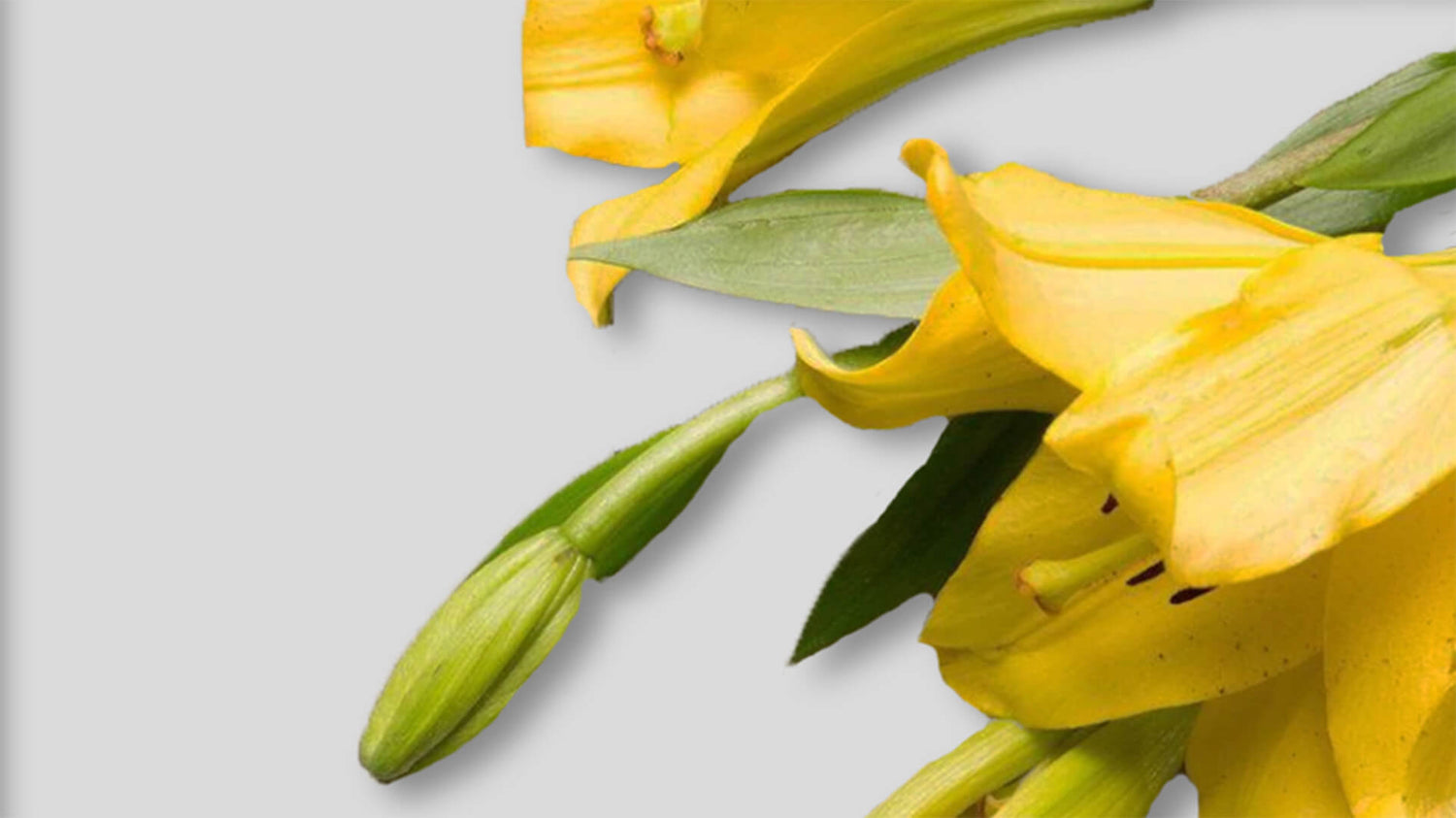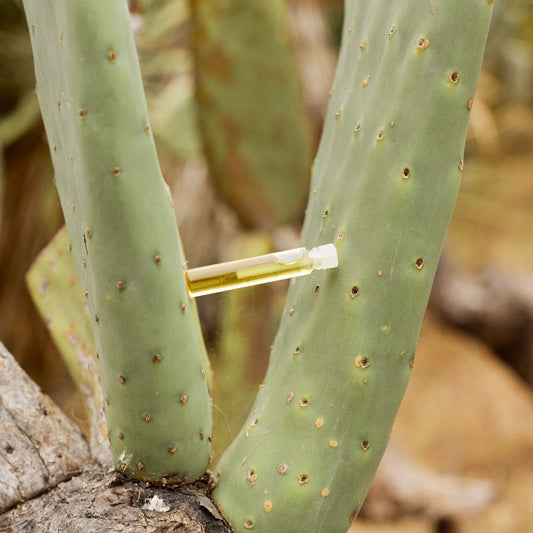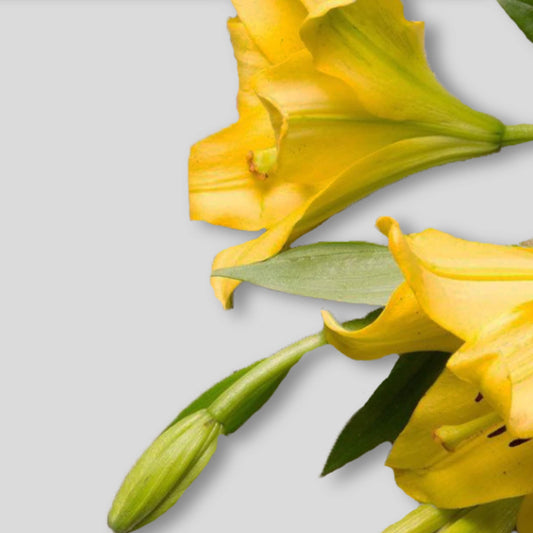
Ylang-ylang essential oil
Ylang Ylang essential oil has many health benefits, particularly to combat stress and anxiety. Ylang Ylang is known for its powerful smell.
Ylang-ylang, the flower of flowers
Manufacturing of ylang-ylang essential oil
Properties of ylang-ylang essential oil
Ylang-ylang essential oil INCI name and functions
Cananga odorata flower oil
-
- Masking - Reduces or inhibits the odor or basic taste of the product
-
- Perfuming - Used for perfume and aromatic raw materials
Precaution for use
List of our products containing ylang-ylang essential oil
-
Booster Renew with organic essential oils - Ylang-ylang fragrance
Regular price €5,95Regular priceUnit price per


